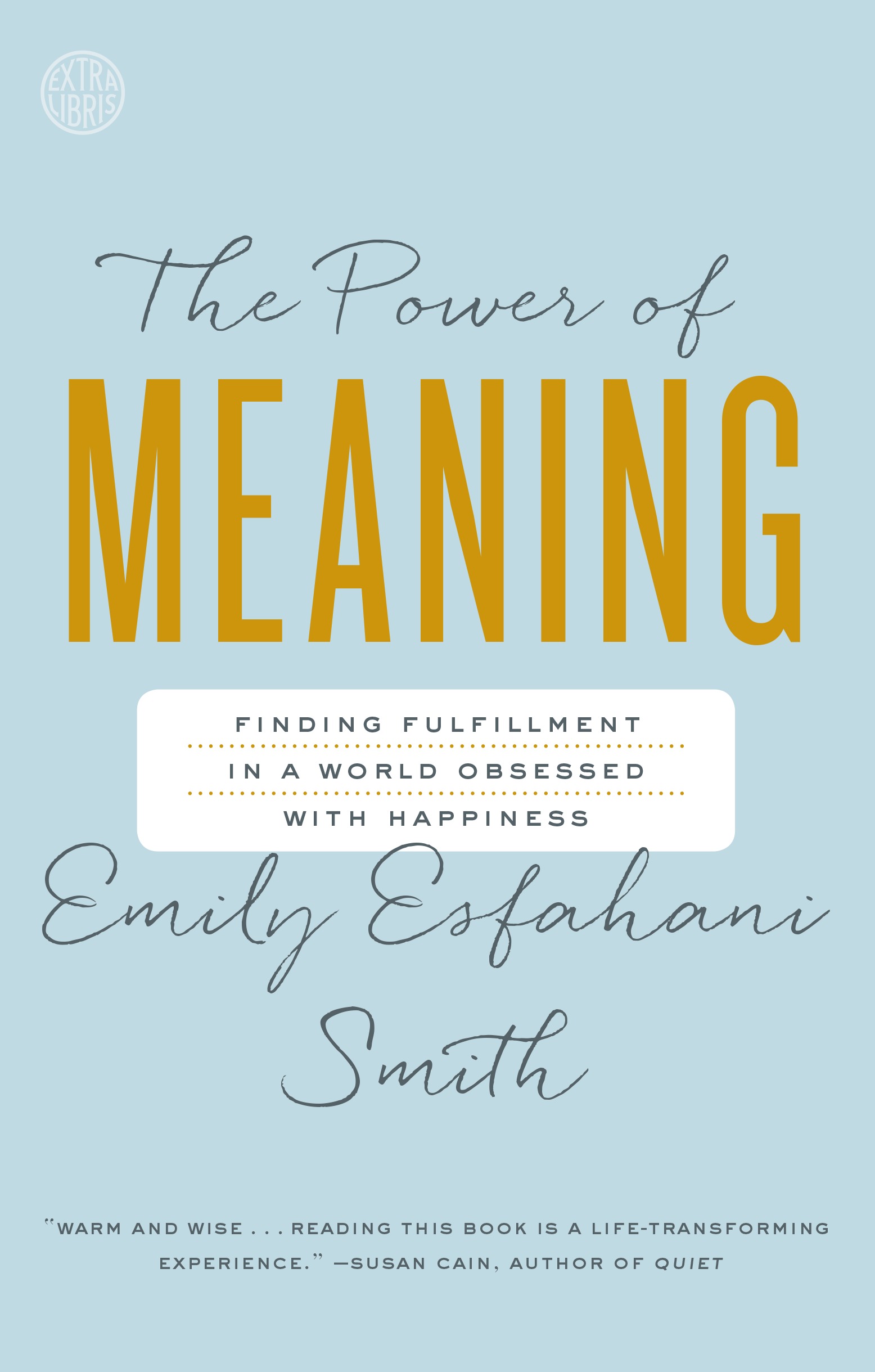Emile Durkheim, the father of sociology, died nearly a hundred years ago, but his insights about society and culture seem more relevant now than ever. To understand why, it’s worth turning to the French intellectual’s groundbreaking empirical study Suicide (1897).

